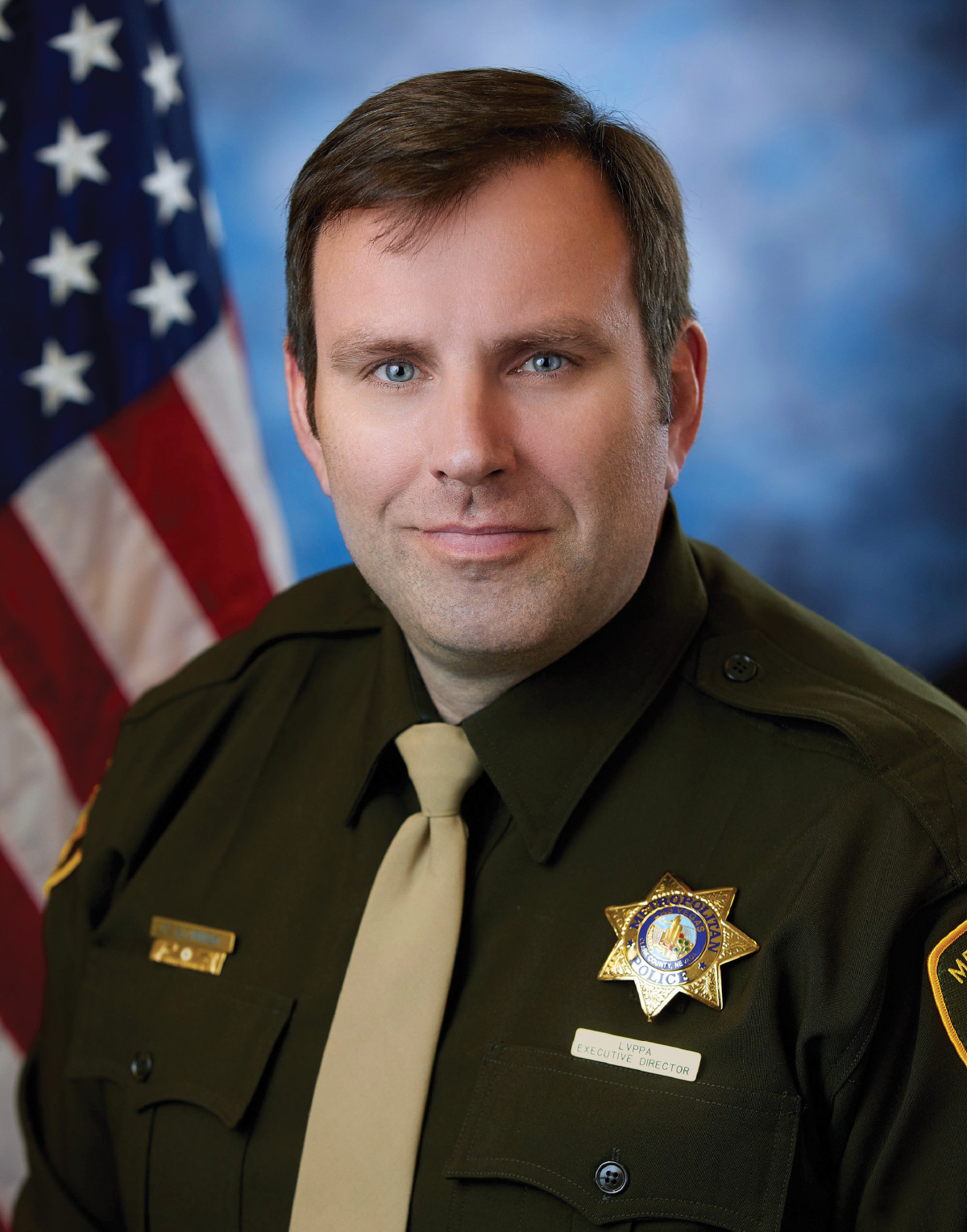
Director
Greetings; I hope this finds everyone well. Another issue of the magazine comes with another reminder of how social media is not always your friend. The fact that we frequently reference social media in our articles should be a hint as to some of the challenges that accompany its use. Although social media platforms offer several benefits, there are drawbacks.
The evolution of social media platforms has grown at a rapid pace. When platforms like Facebook started in the early 2000s, users were limited in the information they could share. Today, platforms like Facebook, Instagram and Twitter allow users to not only post photos, but also display videos, transfer money, view real-time video, watch and read the news, make and receive phone calls, manage fundraising events and much more. However, using these features comes at a price. Sharing information on social media is not quite the same as sending text messages or emails. What you post on social media is far more public and much less secure.
Let’s address social media use in your private life. Rule number one: Someone is always watching. It’s estimated that only half of social media users make their accounts private. Additionally, online surveys consistently find social media users under the age of 45 are less likely to keep their page(s) private. But even if you do keep your page private, there is no guarantee that your content will remain private. People with access to your page may forward the link or capture screenshots. Once they have the screenshot, they can repost it in any fashion they choose. What may have been a well-intended post by you is now manipulated by someone you thought was a friend. Or the post is shared by someone your social media friend shared the post with. Don’t assume that your social media friends also have friends who share your morals and values. Although the tide has changed since 2020, there are still plenty of people in our community who would seize the opportunity to smear the reputation of a police officer.
Now let’s talk about keeping your page public. Don’t do it! I can’t emphasize this enough. In our line of work, the risk far outweighs the reward. I recognize there are some limited exceptions to this, but those are few and far between. When you leave your page public, you open yourself up to attacks and criticism from anyone using the application. In a matter of minutes, your post can be shared and viewed countless times without your knowledge. People outside of your circle of friends may not like your opinion on hunting, religion or politics and decide it is “offensive.” Now you start to receive notices from the social media platform about “offensive content” or “community guidelines.” My advice is to keep your page(s) private.
In addition to the viewing public, you also need to be concerned about the social media companies as well. All the large platforms have internal oversight sections. The people staffing them review your content and your private messages. As we have seen, their interpretation has been far from fair. Additionally, these companies have employed various algorithms to search for words and phrases that may be offensive or controversial. We now know from experience that when these companies identify content that they believe is inappropriate, they will contact law enforcement and provide all the information. Law enforcement agencies are using the information and initiating criminal investigations.
The Department’s policy (8.157) recognizes that we have First Amendment rights, even though they may be limited as public employees. The Department will investigate, criminal and internal, if they obtain information suggesting you made a post or statement on social media that may discredit the Department or advocate some sort of criminal conduct. They may receive the information from a citizen, other employee, another law enforcement agency or a social media company. How the Department receives the information is not as important to them as the content. Once the Department is in possession of it, you will likely have to answer for it in an interview.
It’s unrealistic to ask you to stop using social media. Checking our social media pages has become an essential part of our day. Just as previous generations started their day with the newspaper at the breakfast table and finished with the family watching the nightly news, we look to Twitter and Instagram for our updates and connections with other people. However, I would implore you to be cautious with what you post and what you say, as you create a digital record that is memorialized forever. As always, stay safe and trust your training.

